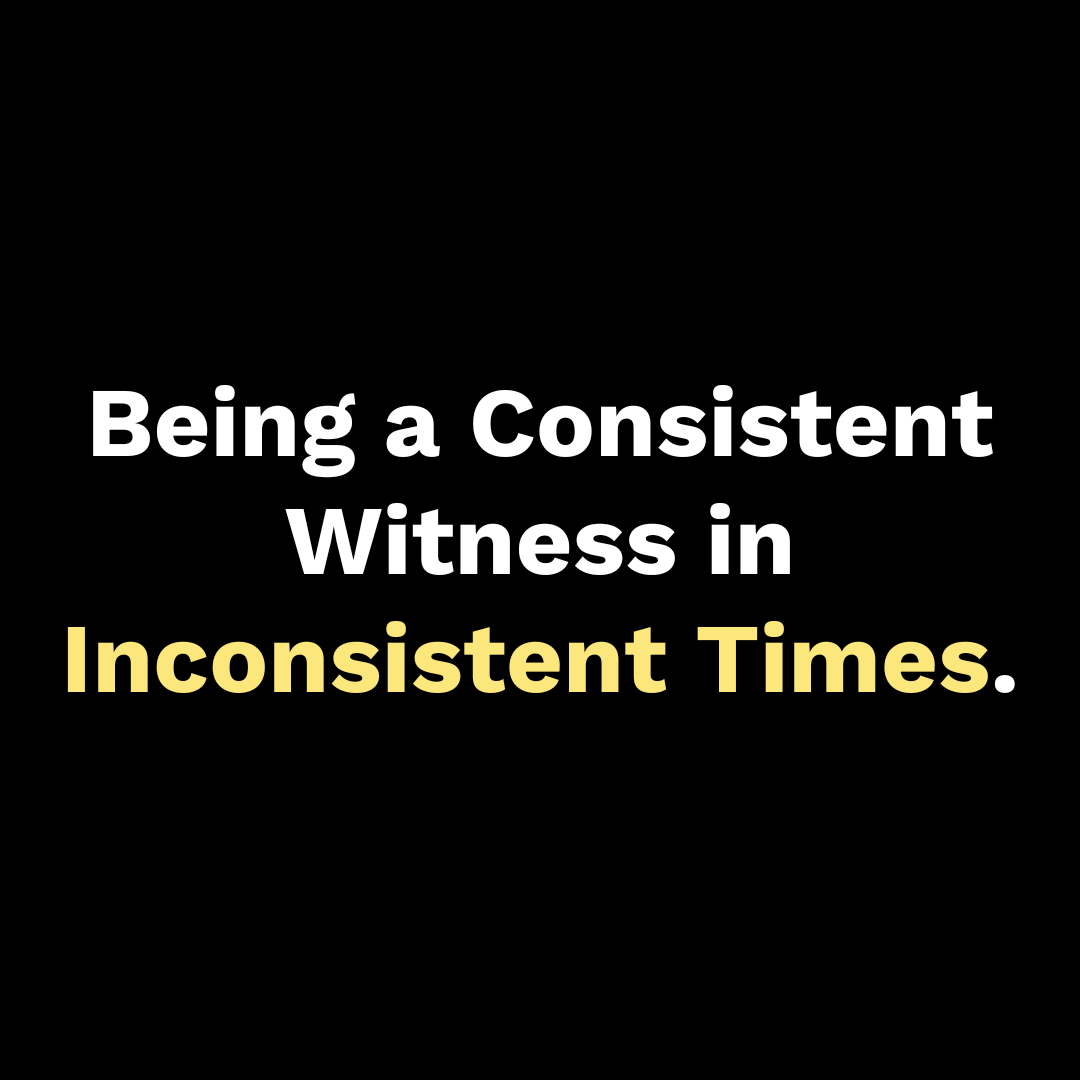There's something about the first crisp morning of fall that can catch you off guard. One day you're soaking up the long summer evenings, and the next you're pulling on a sweater and noticing how much earlier the sun sets. For many people, this seasonal shift brings more than just a change in wardrobe. It brings a subtle but unmistakable change in mood, energy, and overall emotional well-being.
Maybe you've felt it before. The gradual dimming of motivation as the days grow shorter. The way activities that used to bring joy now feel like obligations. The heaviness that settles in sometime around October and doesn't lift until March. What felt light and manageable in the summer suddenly feels overwhelming and gray.
If this sounds familiar, you're not imagining things, and you're certainly not alone. Seasonal depression, or what mental health professionals call seasonal affective disorder, affects millions of people every year. Even if you don't have a clinical diagnosis, the reality is that shorter days and less sunlight can genuinely impact how you feel, think, and function.
But here's what I want you to know as we head into fall and winter: you don't have to white-knuckle your way through the darker months. You don't have to just endure and hope for the best. You can actually prepare your heart, mind, and soul to be anchored in something stronger than your shifting emotions.
You're in Good Company
One of the most harmful lies we tell ourselves about emotional struggles is that they somehow indicate weak faith or spiritual failure. We look around at other people who seem to have it all together and assume that if we were really trusting God, we wouldn't feel this way.
But Scripture tells a different story. The Bible is full of faithful people who experienced deep emotional struggles, mental fatigue, and seasons of darkness. David, often called a man after God's own heart, wrote some of his most honest prayers during times of overwhelming sadness.
In Psalm 6:6, he admits, "I am worn out from my groaning. All night long I flood my bed with weeping and drench my couch with tears." This isn't the sanitized version of faith we sometimes expect. This is raw, honest humanity from someone who loved God deeply.
Jeremiah, known as the weeping prophet, wrestled with emotional pain so intense it felt consuming. Even Jesus himself, in the Garden of Gethsemane, experienced such anguish that his sweat fell like drops of blood.
Your emotional struggles don't disqualify you from faith. They actually place you in the company of some of the most faithful people in history. And here's what's beautiful about God's character: He doesn't distance himself from our pain. He draws near to it.
Psalm 34:18 promises that "The Lord is close to the brokenhearted and saves those who are crushed in spirit." Your heaviness doesn't drive God away. It invites His presence closer.
Getting Ahead of the Curve
For many people, the emotional weight of fall and winter follows a predictable pattern. Less sunlight, more isolation, reduced physical activity, and the general shift toward indoor living can all contribute to feeling mentally and emotionally heavier.
Recognizing this pattern isn't about resigning yourself to months of struggle. It's about wisdom. It's about acknowledging what tends to affect you and making intentional choices to prepare spiritually before you're in the thick of it.
Ephesians 5:15-16 encourages us to "be very careful, then, how you live, not as unwise but as wise, making the most of every opportunity." Spiritual wisdom means paying attention to the rhythms of your life and letting God guide you through them proactively rather than reactively.
This doesn't mean pretending the darker months will be easy or trying to positive-think your way out of seasonal depression. It means honestly acknowledging the challenge and inviting God into it ahead of time.
Hope That Goes Deeper Than Feelings
One of the most insidious lies that whispers louder during difficult seasons is that your emotions are the truest thing about you. When sadness lingers, when motivation disappears, when joy feels impossibly distant, it's easy to believe that these feelings are telling you the most accurate story about your life.
But here's what changes everything: your hope isn't rooted in how you feel. It's rooted in who God is.
Hebrews 6:19 describes hope as "an anchor for the soul, firm and secure." Notice that it doesn't say hope is dependent on your circumstances or your emotional state. It's an anchor, which means it's designed to hold steady when everything else is shifting.
This kind of hope isn't wishful thinking or forced optimism. It's grounded in the unchanging character of God. When your thoughts are swirling, when sadness feels like a heavy blanket you can't shake off, when the future looks uncertain, God remains exactly who He's always been. His promises don't change with the weather or your mood.
Four Ways to Anchor Yourself This Season
If you're heading into months where you know your emotions might struggle, here are four practical ways to prepare with faith and hope rather than fear.
Stay Connected to Scripture, Even When It Feels Difficult
When you're emotionally depleted, opening your Bible can feel like trying to read underwater. Everything seems harder to process, and you might worry that you're not getting anything out of it. But God's Word is living and active, regardless of how receptive you feel in the moment.
You don't need to commit to reading entire chapters or having profound insights every day. Start small. Read one Psalm with your morning coffee. Choose a familiar verse and let it sit with you throughout the day. Return to passages that have comforted you before.
Psalm 119:105 reminds us that God's word is "a lamp for my feet, a light on my path." Even when everything feels dark, Scripture provides illumination for the very next step you need to take. It doesn't have to light up the whole journey at once.
Build Sustainable Rhythms
Consistency creates stability, especially during emotionally volatile seasons. Instead of relying on motivation (which tends to disappear when you need it most), try building simple spiritual rhythms that don't require you to feel inspired.
Maybe that looks like reading one Psalm each morning, taking a five-minute prayer walk around your neighborhood, setting phone reminders to pause and breathe a short prayer, or writing one line of gratitude before bed. These don't have to be elaborate or time-consuming. They just need to be doable on your hardest days.
Hebrews 10:23 encourages us to "hold unswervingly to the hope we profess, for he who promised is faithful." The key word is "unswervingly." Consistency in small things builds spiritual stability that can carry you through emotional turbulence.
Bring Your Real Feelings to God
You don't need to clean up your emotions before bringing them to God. He's not shocked by your sadness, offended by your numbness, or uncomfortable with your anxiety. In fact, He welcomes your honest struggle.
Pray with whatever words you have, even if they feel inadequate. Tell God exactly how you're feeling, even if it doesn't sound particularly spiritual. If you don't have words at all, sit with Him in the silence. He understands what you can't articulate.
1 Peter 5:7 invites us to "cast all your anxiety on him because he cares for you." All of it. The big overwhelming fears and the small daily worries. The nameless dread and the specific concerns. God can handle whatever you're carrying, and He wants you to share the load with Him.
Fight Isolation with Intentional Connection
When emotional weight settles in, isolation often feels like the natural response. Social activities require energy you don't have. Explaining how you're feeling seems exhausting. It's easier to withdraw and wait for the feeling to pass.
But isolation tends to amplify the very feelings you're trying to escape. Make a plan now for staying connected, even when everything in you wants to hibernate. Reach out to a trusted friend. Join a small group. Let someone know what you're walking through and ask them to check in on you.
1 Thessalonians 5:11 reminds us to "encourage one another and build each other up." You don't have to walk through dark seasons alone. God often speaks His encouragement and comfort through the people He places in your life.
You Are More Than Your Season
If you're already feeling the emotional fog rolling in, or if you're dreading its arrival, I want to remind you of something crucial: your season is not your identity. Your current emotional state doesn't define your worth, cancel your purpose, or diminish your value to God.
Seasonal depression can make you feel like you're failing at life, faith, and everything in between. But feelings, even persistent and overwhelming ones, don't get to write the final chapter of your story. Your heaviness doesn't remove your purpose. Your struggle doesn't disqualify you from God's love.
Psalm 23:4 offers profound comfort: "Even though I walk through the darkest valley, I will fear no evil, for you are with me." Notice that it says "walk through," not "get stuck in." This season will not last forever. You will not always feel this way. And even when the road feels impossibly long, God walks every single step with you.
Preparing with Hope, Not Fear
As the days grow shorter and the temperatures drop, you might already sense the emotional shift beginning. But this season doesn't get to have the final word over your life. Hope does.
You're not walking into the darker months alone or unequipped. You're walking with the God who brings light into every corner, including the hidden places of your heart where sadness lives. He's not intimidated by your struggle, and He's not planning to abandon you when things get difficult.
So prepare, but prepare with faith rather than fear. Ground yourself in truth before you need it. Build rhythms that will sustain you when motivation disappears. Reach out for support before you feel desperate for it. Keep showing up to God's presence, even when that presence feels distant.
You are anchored in something stronger than your emotions. You are held by love that doesn't fluctuate with the seasons. And even in the darkest valley, you are never forgotten and never alone.
The darker days are coming, but so is the One who is the light of the world. And that changes everything.




